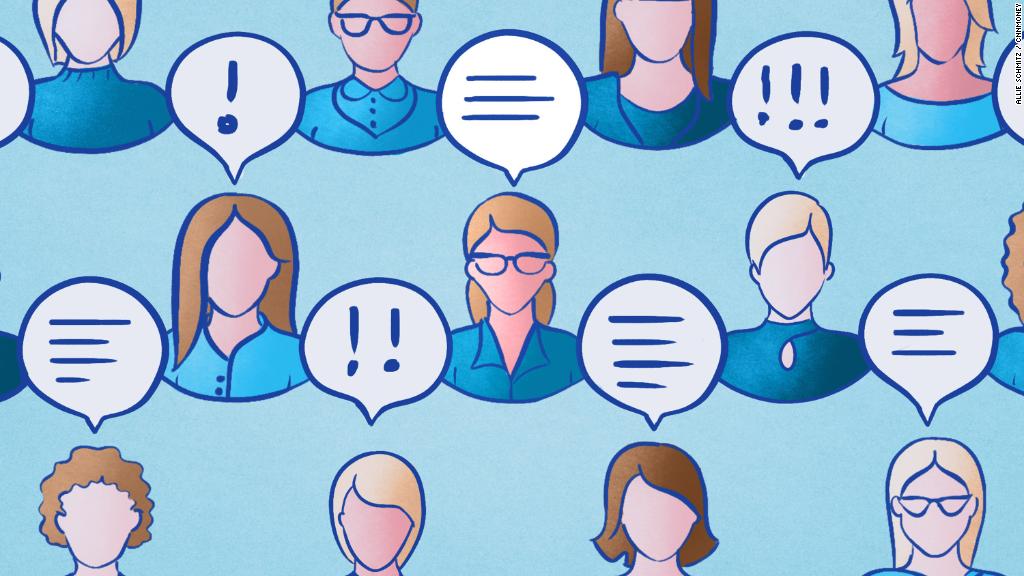
The largest city in America will soon require employers to put their workers through annual training aimed at preventing sexual harassment.
The New York City Council passed a package of bills this week aimed at addressing sexual harassment at work -- one of the strongest legislative responses yet to a national conversation about misconduct in the workplace.
The new training rule will apply to any private employer with more than 15 people on its payroll. Managers and supervisors will also be required to complete training, according to the bill's text.
The legislation, called the Stop Sexual Harassment in NYC Act, taps the city's commission on human rights to develop an "online interactive" program that can be used to satisfy the training requirement.
If you work for a large company, chances are you've already come across one such online training module.
Related: The gender pay gap isn't just about what you make. It's about what you do
Frequently they are slide after slide of graphics depicting scenarios in which a male colleague makes an inappropriate advance or remark about a female colleague. The multiple-choice questions require you to select an often unrealistic "right answer."
It's easy to click your way through such trainings and forget it ever happened. Research shows the training videos are not as effective as once thought.
A 2016 report by the Equal Employment Opportunity Commission found that "much of the training done over the last 30 years has not worked as a prevention tool — it's been too focused on simply avoiding legal liability."
The report also suggested that part of the problem is that companies rely on cookie-cutter training programs, when it's more effective to tailor the training to specific workplaces.
Related: When workplace trainings can backfire
In other words, if there's already rampant harassment and the issues aren't taken seriously by management, just making employees sit through a training video likely isn't going to solve that office's problems.
And other research also finds that mandatory anti-harassment or discrimination training can leave men feeling blamed, isolated or angered.
Experts say such programs are more effective when they focus on bystander intervention, or what men can do to help stop the problem, rather than on the mistakes they could make.
The Stop Sexual Harassment in NYC Act has several other measures attached — such as commissioning a "risk assessment" study and extending the statute of limitations for filing gender-based harassment claims from one year to three years.
The bill, which will take effect in April 2019, is headed for Mayor Bill De Blasio's desk for a signature.
